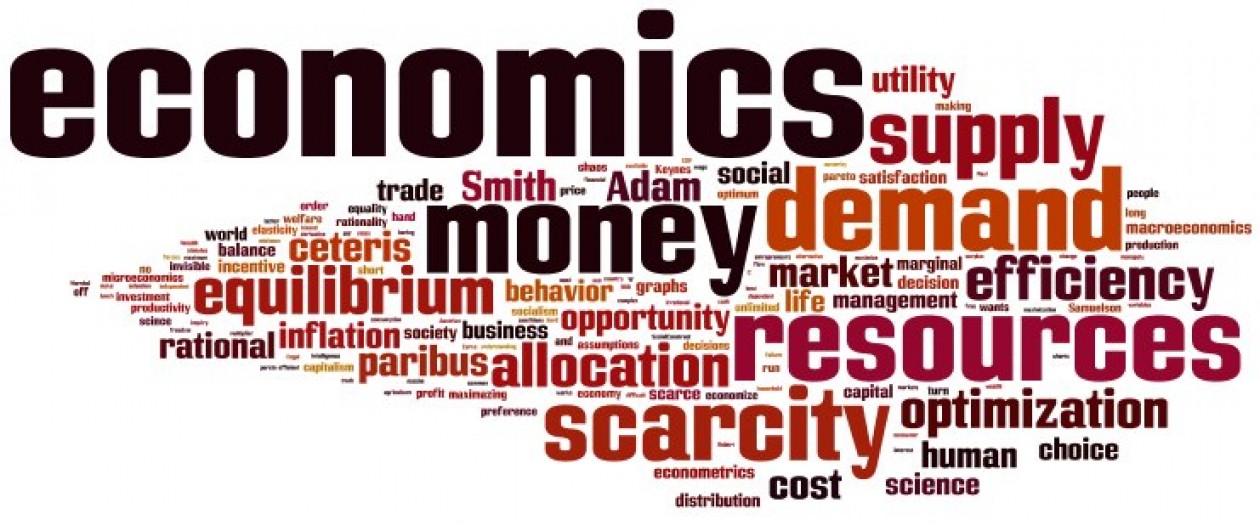Think of three individuals — A, B, and C. Each of them intends to buy a popular brand of car priced at Rs 6 lakh. A has Rs 8 lakh, B has Rs 6 lakh and C has only Rs 4 lakh. Evidently, A and B have no problem in buying the car. Each of them possesses the required amount. It is only C who is not able to buy it because his resource (Rs 4 lakh) falls short of his need (Rs 6 lakh) by Rs 2 lakh.
The problem of scarcity of resource that C faces is known as an ‘economic problem’ and the gap between his resources and his ends is known as the ‘resource-gap’. C can’t buy the car unless he plugs the resource-gap. All the activities C undertakes to fill this gap are known as his ‘economic activities’.
According to Prof. Robbins,
“Economics is a science which studies human behaviour as a relationship between ends and scarce means which have alternative uses.”
That is, the resources are not only scarce but they are capable of alternative uses as well. For instance, suppose C drops the idea of buying the new car and decides to buy a used one available to him for, say, Rs 3 lakh only. If he does, he would have a surplus of Rs 1 lakh.
ADVERTISEMENTS:
As soon as his family members learn of it, he is reminded of his pending promise of a diamond necklace to his wife, that of a motorcycle to his college going son, and that of a sports bicycle to his daughter. The surplus is likely to disappear soon.
Would the alternative use of the resource solve C’s problem? May be yes, but most likely it would not. This is so because human desires know no bounds. C’s wife may choose a diamond necklace priced at Rs 80,000; his son may settle for a motorcycle priced at Rs 40,000 and his daughter may pick a sports bicycle that requires nothing short of Rs 20,000! All this requires a sum of Rs 140,000.
C has only Rs 100,000. He is again caught in the middle of a resource-gap, though smaller than that he faced earlier.
ADVERTISEMENTS:
Even A and B, seemingly facing no problem at present, may be found caught up in the problem of the resource-gap soon. Prompted by their urge for a social status higher than that of C, the two may decide to go for a costlier car priced at Rs 10 lakh and may, thus work their way to the same economic problem which C is facing.
Human desires being unlimited and resources being not only scarce but also capable of alternative uses, it is difficult to find an individual with no economic problem.
The science of economics studies human activities directed at filling the gap between unlimited ends and scarce resources that have alternative uses also. Scarcity of resource leads people to choice-making from among numerous alternatives.
They are forced to prioritise their needs as the scarce resource cannot satisfy all of them together. That is the reason why some economists define economics as a ‘science of choice-making’.
ADVERTISEMENTS:
Economics, thus, is a science that studies economic activities. An economic activity is a human activity that aims at filling the gap between ends and scarce resources that have alternative uses. Investment, production, distribution and consumption are the broad categories into which economic activities are commonly classified.
Economics has nothing to do with human activities such as those of a social, cultural, political or religious nature unless such activities transform into economic activities seeking to solve the economic problems of the individuals involved.

